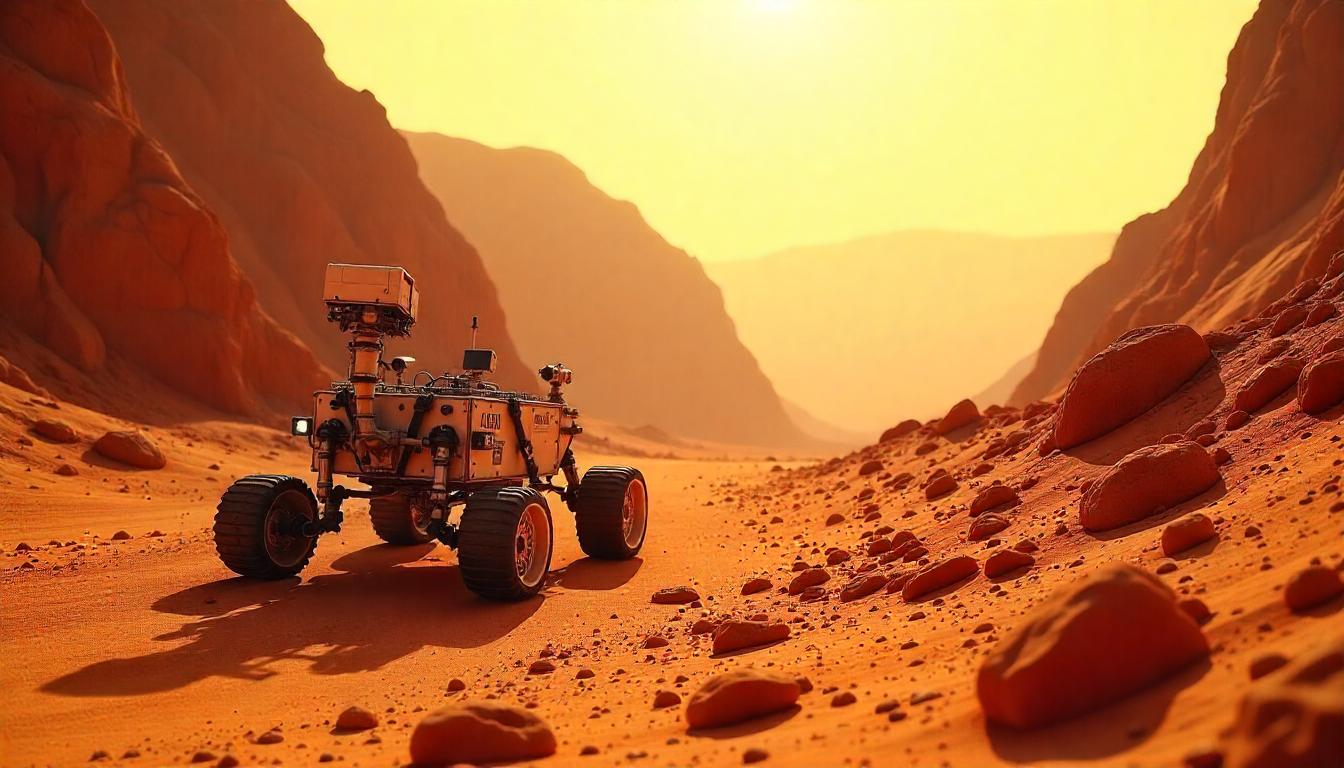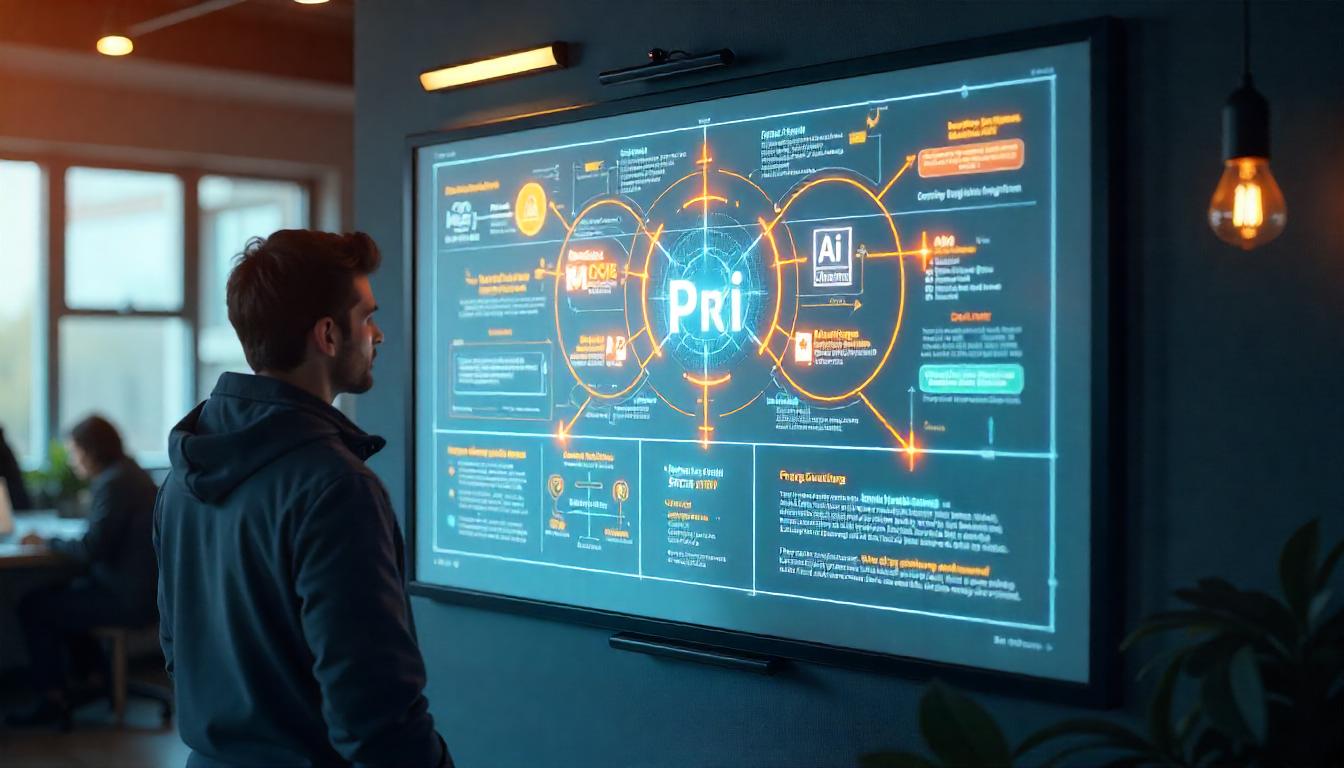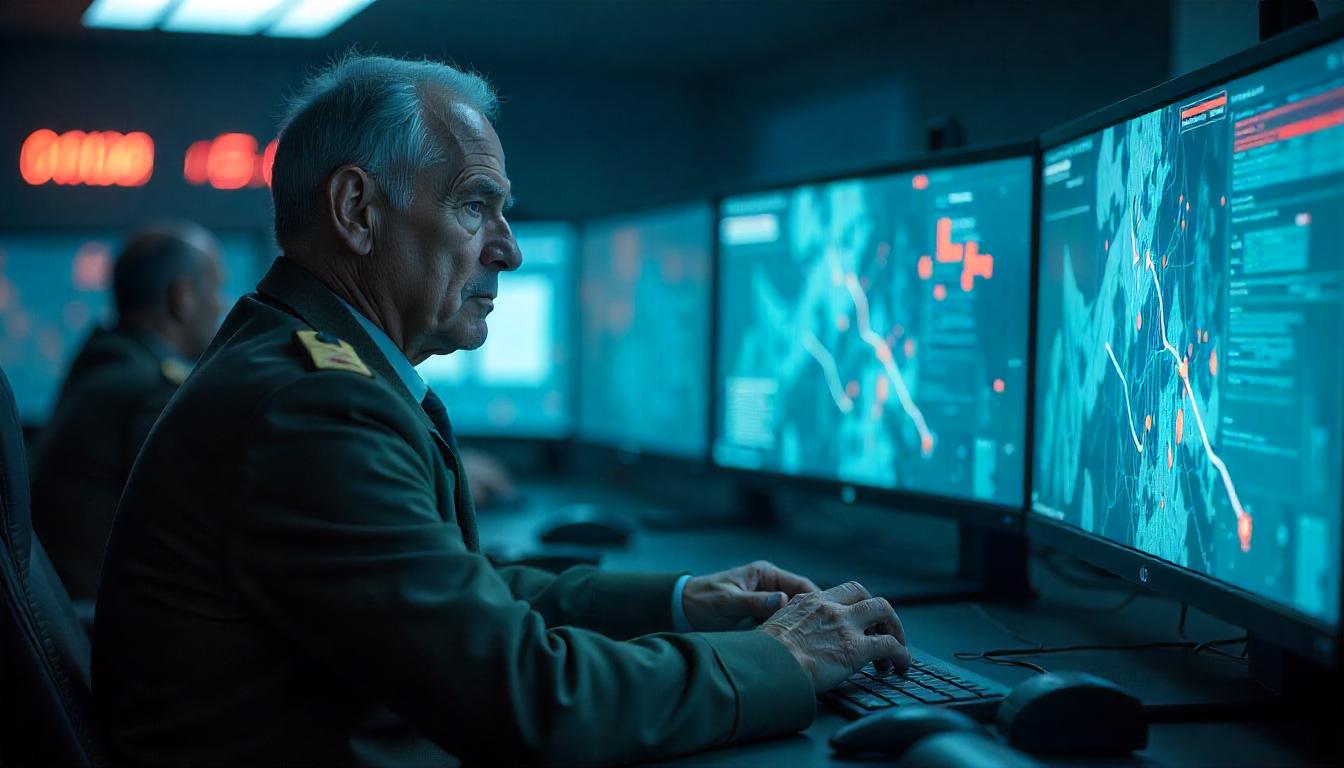AI in Space Exploration: The Intelligent Path to the Stars
Since humans first gazed at the stars, we’ve dreamed of exploring the cosmos. Over the decades, we’ve built rockets, sent probes to distant planets, and landed robots on alien worlds. Now, another powerful tool is joining our cosmic journey: Artificial Intelligence (AI).
AI is transforming how we explore space, helping us tackle challenges too complex for humans alone. From analyzing mountains of data to navigating distant worlds, AI is becoming an essential partner in our quest to uncover the secrets of the universe.
Why Space Needs AI
Space is vast, unpredictable, and full of surprises. Missions are risky, expensive, and far from Earthly support. Meanwhile, spacecraft and rovers gather enormous amounts of data, which need to be processed quickly to make critical decisions.
AI steps in to help by:
- Processing and interpreting vast data streams
- Making real-time decisions without waiting for Earth’s instructions
- Improving mission safety and efficiency
- Discovering new insights hidden in complex data
How AI is Powering Space Missions
Let’s explore some exciting ways AI is shaping the future of space exploration:
1. Autonomous Navigation
Spacecraft exploring distant planets or asteroids can’t rely on Earth for constant instructions due to long communication delays. AI enables these machines to navigate independently, avoiding hazards and finding the safest routes.
NASA’s Perseverance rover on Mars, for example, uses AI to scan its surroundings, spot obstacles, and plan its path across rugged Martian terrain.
2. Data Analysis at Light Speed
Space missions generate a flood of information—from high-resolution images to chemical readings. AI helps sift through this data rapidly, identifying patterns, anomalies, or potential areas of interest for scientists back on Earth.
AI has already been used to discover new craters on Mars by analyzing satellite imagery, revealing details human eyes might miss.
3. Robotic Helpers for Astronauts
Long space missions can be mentally and physically challenging. AI-powered robots are being developed as assistants and companions for astronauts, helping with tasks and providing conversation during long stretches of isolation.
CIMON, a floating AI robot aboard the International Space Station, assists astronauts by answering questions, providing instructions, and even engaging in small talk to lift spirits.
4. Predicting Solar and Space Weather
Solar flares and cosmic radiation can endanger astronauts and equipment. AI models analyze data from the Sun to predict space weather events, giving mission planners valuable time to take protective measures.
5. Designing Better Spacecraft
AI helps engineers simulate different materials, designs, and mission scenarios. This speeds up the process of creating stronger, lighter, and more efficient spacecraft, ready to withstand the rigors of space.
The Future of AI in Space
Looking ahead, AI’s role in space exploration will only grow. Potential future applications include:
- Autonomous robots mining resources on the Moon or asteroids
- AI-driven searches for signs of life on other planets
- AI-managed life support systems for long-duration space missions
- Intelligent spacecraft capable of venturing into deep space independently
As our missions become more ambitious, AI will be a critical partner, pushing the limits of what humans can achieve in space.
Challenges to Overcome
Despite its potential, AI in space comes with significant challenges:
- Systems must be extremely reliable, as fixing problems millions of miles away is nearly impossible.
- Training AI requires huge datasets, which are often scarce for unique space environments.
- Ethical questions arise when AI systems make decisions that could impact human lives or mission success.
Thorough testing, regulation, and ethical guidelines are essential as we integrate AI into future missions.
A Cosmic Partnership
Whether piloting rovers, analyzing alien landscapes, or keeping astronauts company, AI is becoming an invaluable asset in our journey to the stars. It’s helping us go farther, faster, and smarter than ever before.
As humanity sets its sights on new frontiers—from the Moon to Mars and beyond—AI will be at our side, guiding us into the unknown.





